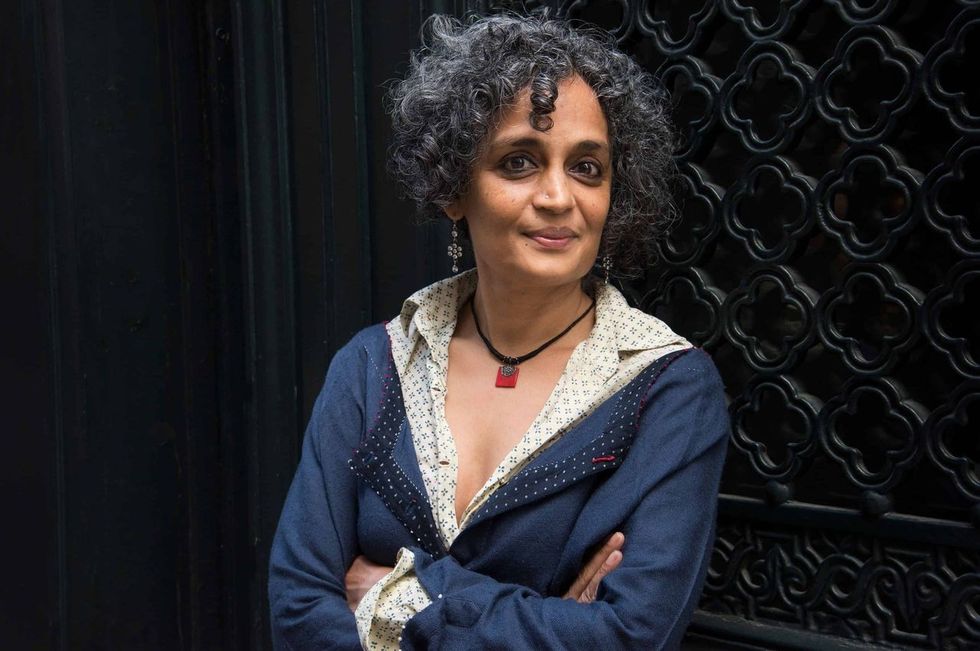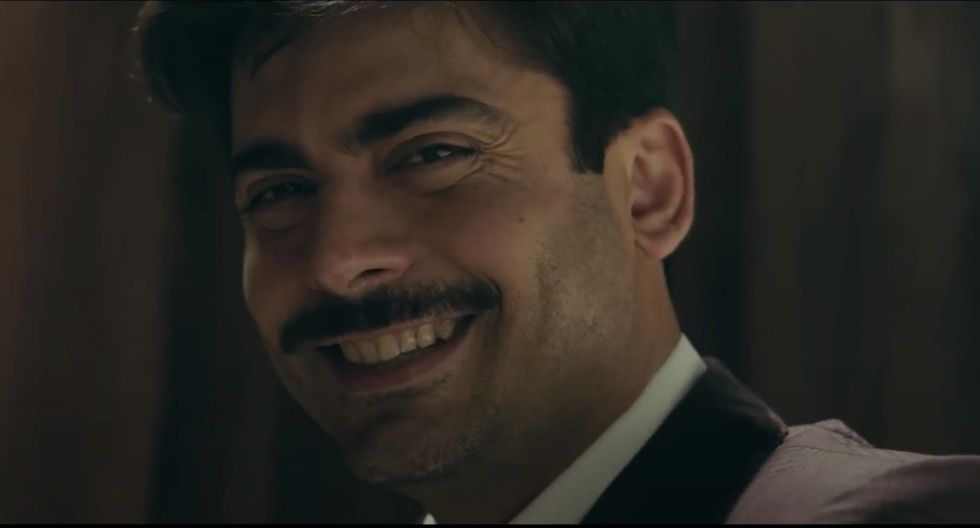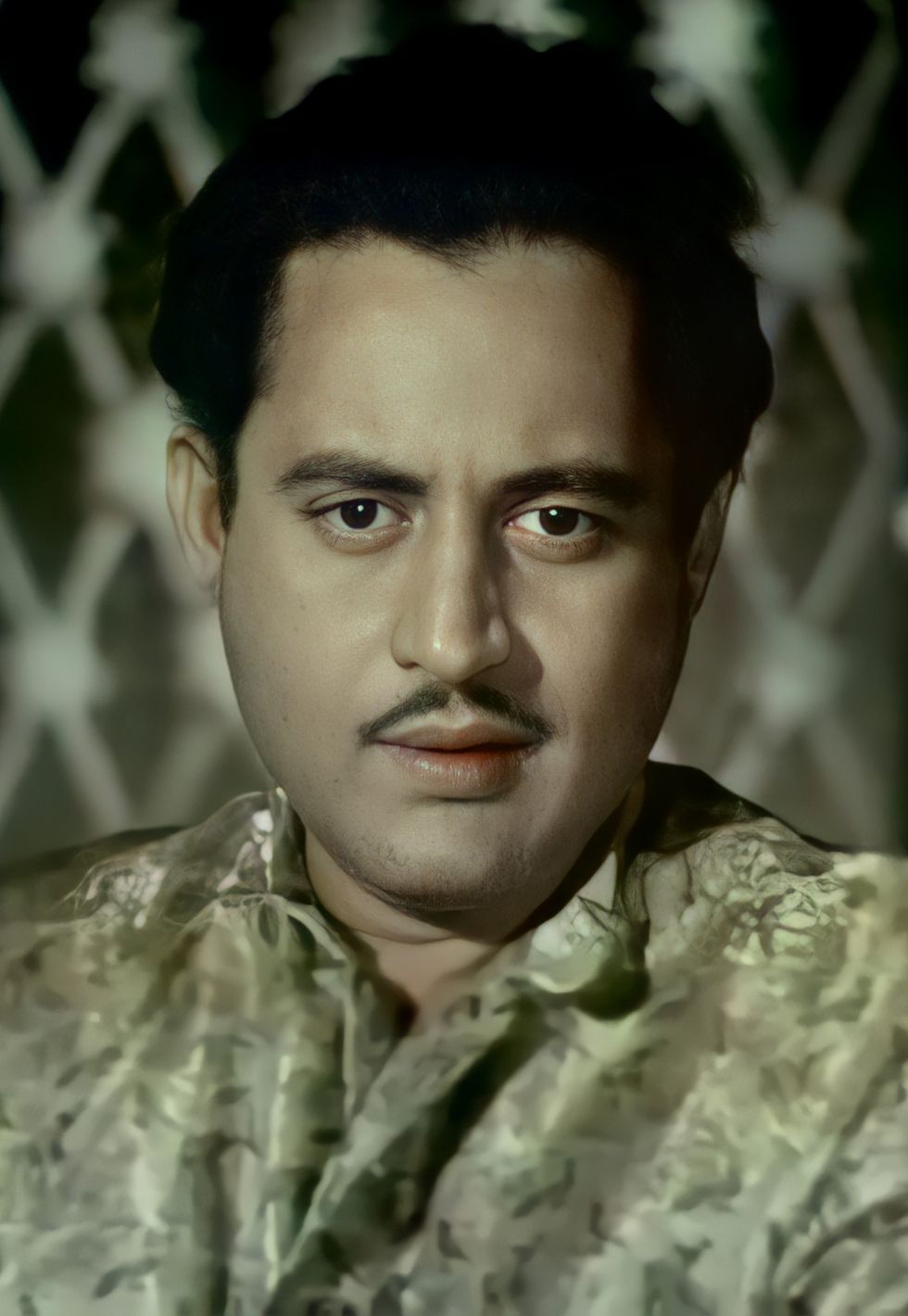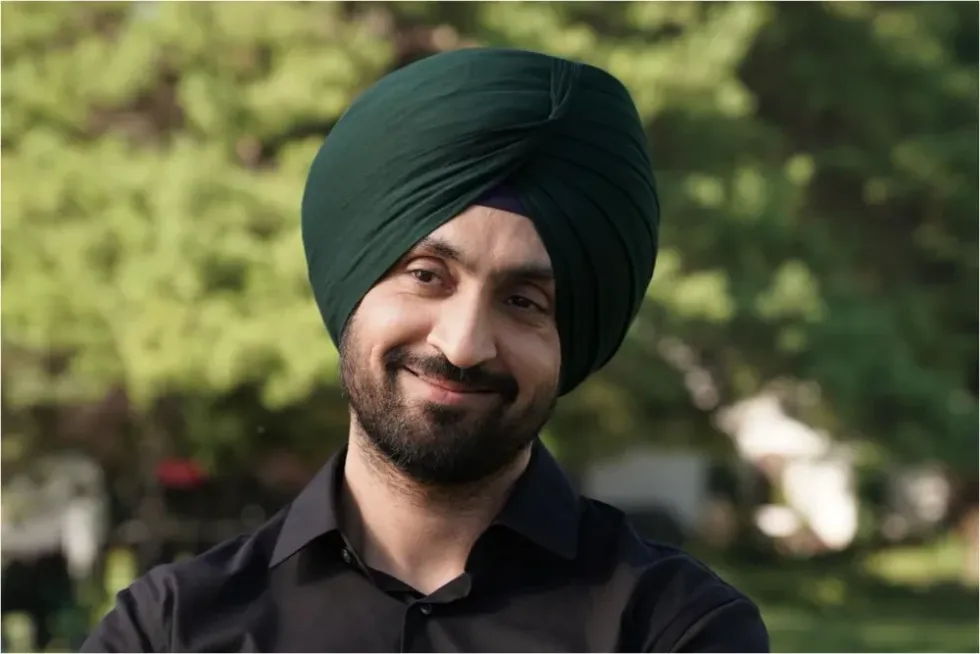By Amit Roy
THE home secretary, Priti Patel, has condemned the demolition of the statue of slave trader Edward Colston by ‘Black Lives Matter’ protestors in Bristol last Sunday (7).
“I think that is utterly disgraceful,” she said. “Sheer vandalism and disorder is completely unacceptable and it’s right the police follow up on that and make sure justice is undertaken.”
The prime minister, Boris Johnson, took a similarly tough line: “These demonstrations have been subverted by thuggery – and they are a betrayal of the cause they purport to serve. Those responsible will be held to account.”
They were backed by former chancellor Sajid Javid who tweeted: “I grew up in Bristol. I detest how Edward Colston profited from the slave trade. But, THIS IS NOT OK. If Bristolians wants to remove a monument it should be done democratically – not by criminal damage.”
Former UKIP leader Nigel Farage was more predictable: “If Boris Johnson won’t lead and stand up for the country, as its symbols are trashed, then people will start taking it into their own hands. Full on race riots are now possible.”
Comparisons are being made with the symbolic toppling of Saddam Hussein’s statue in Baghdad in 2003, as two ropes were placed round the neck of the Colston bronze before it was pulled down.
Jubilant protesters then danced on the fallen statue and red paint was daubed on its face. One man knelt on its neck to recall the image of George Floyd in Minneapolis. Then the statue was dragged the short distance to the edge of the harbour and there was a huge splash as it was pushed into the waters of the Bristol Avon.
Curiously, police did not intervene, but said afterwards those responsible would be arrested.
Avon and Somerset Police superintendent Andy Bennett declared that “there was a small group of people who clearly committed an act of criminal damage in pulling down a statue near Bristol Harbourside. An investigation will be carried out to identify those involved and we're already collating footage of the incident.
“You might wonder why we didn’t intervene and why we just allowed people to put it in the docks. We made a very tactical decision that to stop people from doing that act may have caused further disorder and we decided that the safest thing to do in terms of our policing tactics was to allow it to take place.
“Our policing style from the outset was low key. We were not able to get to the statue in time to protect it, and once it had actually been toppled, there was clearly a pre-planned attempt to bring that down. They had grappling ropes and they had the right tools.
“So, once it was down, we made a decision... to allow it to happen because what we did not want is tension.”
Most of us got a crash course into the life and times of Edward Colston (1636-1721) who was born into a prosperous Bristol merchant’s family. Although he lived in London for many years, he was always closely associated with the city.
By 1672, he had his own business in the capital, trading in slaves, cloth, wine and sugar. A significant proportion of Colston’s wealth came directly or indirectly from the slave trade.
In 1680, he became an official of the Royal African Company, which at the time held the monopoly in Britain on slave trading. He donated to churches and hospitals in and around Bristol, also founding two alms-houses, Queen Elizabeth’s Hospital School, and a religious school for boys. Colston also lent money to the Bristol corporation and was a city MP for a short time.
According to Historic England, his involvement in the slave trade was the source of much of the money he bestowed on the city. His ships trafficked about 80,000 men, women and children from Africa to the Americas between 1672 and 1689. An estimated 19,000 died on the journey, so in a sense, Bristol was built on blood money.
The bronze statue erected in 1895 paid tribute to Colston with the inscription: “Erected by citizens of Bristol as a memorial of one of the most virtuous and wise sons of their city.”
The most recent campaign to remove the statue, Countering Colston, gathered 11,000 signatures.
Colston Hall, Bristol’s largest concert venue, announced in 2017 that it would be dropping the name after refurbishment was completed in 2020, while Colston’s Primary School was renamed Cotham Gardens last year.
Given the current political climate, it is hard to see how there can be a successful prosecution of those who pulled down the statue, especially as police allowed it to happen. Also, it risks turning them into martyrs.
There is plenty of support for the demolition of Colston’s statue.
The Labour peer, Lord Adonis, tweeted: “I hope no action is taken against those who removed mass slave trader Edward Colston’s statue.”
Ex-England footballer and broadcaster Gary Lineker agreed: “It’s utterly disgraceful that a statue to a slaver survived as long as it did.”
Clive Lewis, Labour MP for Norwich South, pointed out: “If statues of confederates who fought a war for slavery & white supremacy should come down, then why not this one? Someone responsible for immeasurable blood & suffering.
“We’ll never solve structural racism till we get to grips with our history in all its complexity.”
Historian and broadcaster David Olusoga, who is of Nigerian heritage, argued: “I’m afraid today should never have happened because this statue should have been taken down.
“It should have been a great collective day for Britain and Bristol when the statue was peacefully taken down and put in a museum which is where, after all, we remember history properly.
“Statues are not the mechanisms by which we understand history. We learn history through museums, books, television programmes. Statues are about adoration. They are about saying, ‘This man was a great man who did great things.’ That’s not true. He was a slave trader and a murderer.”
Another historian, Alex von Tunzelmann, author of Indian Summer: The Secret History of the End of an Empire, referred to the debate in Oxford about the statue of Cecil Rhodes: “At the time of ‘Rhodes must fall’, I wrote: ‘Monuments to historical figures and regimes stand not by divine right, but by the grace of those who live alongside them.’ Thrilled to see the people of Bristol have had enough of living with slaver Edward Colston.”
All said and done, I can’t say I am keen on demolition as a way of solving the ills of society. It is true that the fall of the Berlin Wall in 1989 led to the reunification of Germany. But we also saw what happened in India where thousands of lives were lost in communal clashes after the demolition of the Babri Masjid in Ayodhya in December 1992.
And after the end of the Second World War, the decision was taken to retain the notorious Auschwitz concentration camp, where Hitler murdered over a million Jews.
“Whatever happens in Auschwitz, it should be kept the way it is,” Ernst Michel, prisoner number 104955 to the Nazis, said nearly 20 years ago.
“I will want to be sure that the story of what happened to us in the middle of the 20th century will remain and will not be forgotten. So that the hundreds of thousands of visitors, who are coming from all over the world, will see what happened – in this place, in our time.”
Is there now a risk that Colston’s slave trading past and his links to Bristol will be conveniently air-brushed out of history?.





 LONDON, ENGLAND - JUNE 22: Baroness Floella Benjamin speaks during the unveiling of the National Windrush Monument at Waterloo Station on June 22, 2022 in London, England. The photograph in the background is by Howard Grey. (Photo by John Sibley - WPA Pool/Getty Images)
LONDON, ENGLAND - JUNE 22: Baroness Floella Benjamin speaks during the unveiling of the National Windrush Monument at Waterloo Station on June 22, 2022 in London, England. The photograph in the background is by Howard Grey. (Photo by John Sibley - WPA Pool/Getty Images)









 Ed Sheeran and Arijit Singh
Ed Sheeran and Arijit Singh Aziz Ansari’s Hollywood comedy ‘Good Fortune’
Aziz Ansari’s Hollywood comedy ‘Good Fortune’ Punjabi cinema’s power-packed star cast returns in ‘Sarbala Ji’
Punjabi cinema’s power-packed star cast returns in ‘Sarbala Ji’ Mahira Khan
Mahira Khan ‘Housefull 5’ proves Bollywood is trolling its own audience
‘Housefull 5’ proves Bollywood is trolling its own audience Brilliant indie film ‘Chidiya’
Brilliant indie film ‘Chidiya’  John Abraham
John Abraham Hina Khan and her long-term partner Rocky Jaiswal
Hina Khan and her long-term partner Rocky Jaiswal  Shanaya Kapoor's troubled debut
Shanaya Kapoor's troubled debut Sana Yousuf
Sana Yousuf



 Shraddha Jain
Shraddha Jain Arundhati Roy
Arundhati Roy William Dalrymple and Onjali Q Rauf
William Dalrymple and Onjali Q Rauf Ravie Dubey and Sargun Mehta
Ravie Dubey and Sargun Mehta Money Back Guarantee
Money Back Guarantee Homebound
Homebound Guru Dutt in Chaudhvin Ka Chand
Guru Dutt in Chaudhvin Ka Chand Sarita Choudhury
Sarita Choudhury Detective Sherdi
Detective Sherdi